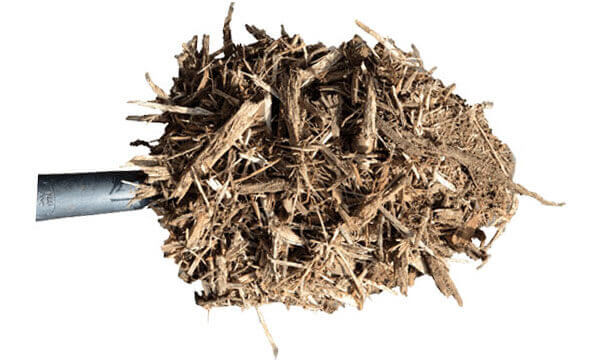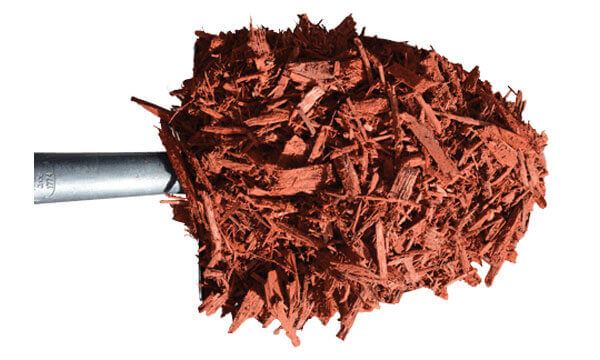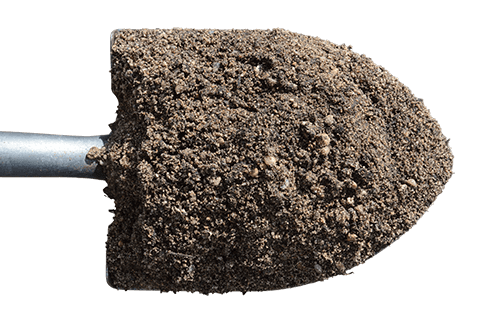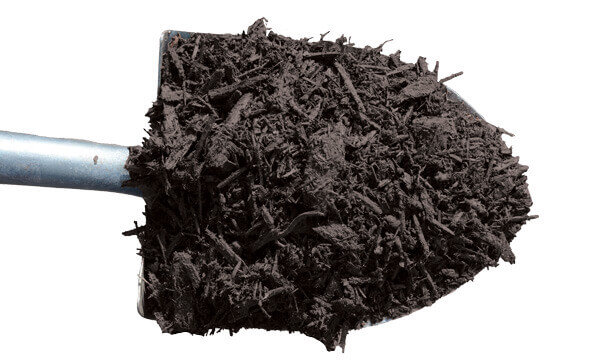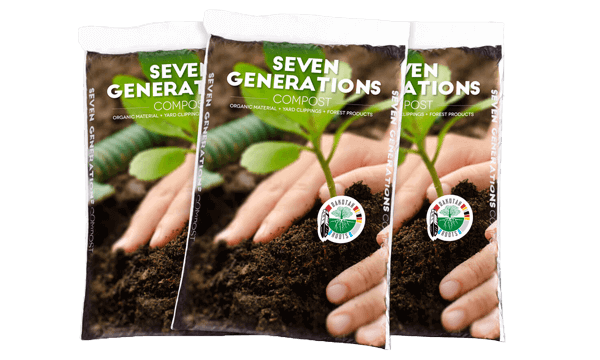Fall marks the beginning of the holiday season, a time to gather with friends and family around the table for delicious meals. As we come together to celebrate and express gratitude, it’s also a season when leftovers and food scraps can quickly add up, contributing to food waste. Discover how composting your holiday leftovers can make a difference and check out these tips to help you care for Mother Earth.
Why Compost Holiday Meals?
Festive dinners often involve an abundance of food, including fruit rinds, vegetable peels, pie crusts, and more. Instead of throwing out this organic waste into the garbage, composting offers an eco-friendly solution. By composting your leftovers, you can:
1. Decrease landfill waste. Organic materials that are sent to the landfill decompose in the absence of air, which creates methane gas, a harmful substance that contributes to climate change. By composting leftovers in your back yard or bringing it to an organic recycling facility, your efforts divert the waste from landfills while also helping to reduce greenhouse gas emissions.
2. Produce nutrient-rich soil. You can enrich your garden and potted plants with essential nutrients from compost. Compost is a natural fertilizer, it improves soil structure, moisture retention, and encourages strong plant growth.
3. Regenerate the ecosystem. Composting closes the loop of nature by returning nutrients to the soil. It lets organic matter break down naturally and rejoin the ecosystem.
Tips for Successful Holiday Composting:
1. Plan before you start
Before you begin prepping for your holiday meal, consider the following tips:
- Plan the menu. Plan your festive feast carefully in order to avoid food waste. Consider the number of guests and an appropriate portion size to minimize leftovers.
- Choose environmentally friendly packaging. Select items that have compostable or environmentally friendly packaging and avoid items that have excess packaging that cannot be recycled and will end up in a landfill.
2. Set up an organics recycling system and schedule
Having a well-organized organics diversion system will make it easier to collect and manage your holiday food waste. Here’s what you can do to get started.
- Organics bin: Have an organics bin or bucket handy in the kitchen when you are cooking. During the holidays there may be extra waste generated so have a plan to accommodate the additional scraps.
- Location: Check the hours and location of your local composting facility and set a schedule on how often you can take away your organics.
- Keep it frozen: Another idea to help manage your food waste is to freeze the bag(s) of food scraps. By storing unwanted food scrapings in a freezer, you can minimize the smell and maximize your trips to the composting facility.
This holiday season, embrace a sustainable routine by composting your family’s food waste. By following these tips, you can create a planet-friendly practice that minimizes waste, helps create nutrient-rich soil, reduces greenhouse gas emissions, and celebrates your contribution to a healthier environment. So, let’s give thanks and compost responsibly this holiday season!

